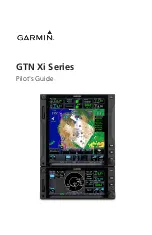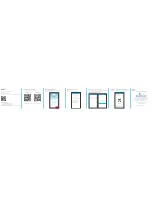PD-20001-R1
Stagetracker II User Manual
25
9
Setup and configuration
This section assumes that the User has installed the hardware
and software for the Stagetracker II™ system
described in chapter 8
and successfully connected the Stagetracker II™ Controller to the Stagetracker II™
system.
In this chapter the process of the initial setup and configuration is described, as well as the individual tabs in
detail
. If any of these steps is left out the Stagetracker II™ system will not function properly. Contact TTA at
or your contact person for questions regarding the setup and configuration
procedures described in this chapter.
9.1
Main View
As described in chapter 5.3.1, the Main View is intended for use during live performances to monitor the
system and its outputs. Here the User can monitor that the Stagetracker II™ system behaves as expected and
get a quick overview if there is something wrong.
At the top of the screen there is several buttons to enable plotting for Vectors and the different output
modules. Each output module has its own plotter in the Main View, allowing the User to monitor several
outputs at once, given that the system is configured with more than one output module.
The Stagetracker II™
system must be completely setup and configured for this function to work. On the right-hand side of the screen
there is also an indicator to tell if the Stagetracker II™ system can communicate with the Stagetracker II™
RadioEye
s. It is required that the Stagetracker II™ RadioEyes are connecte
d and configured in the RadioEyes tab
for this to work.
The 3D plot can be manipulated with mouse input from the User. Left click and dragging rotates the view, right
click and dragging moves the view, and using the scroll wheel (or pinch to zoom on multitouch compatible
touchpads) zooms in and out of the view. In the top right-hand corner, there is shortcuts to Top view and Front
view for quickly changing the view.

















